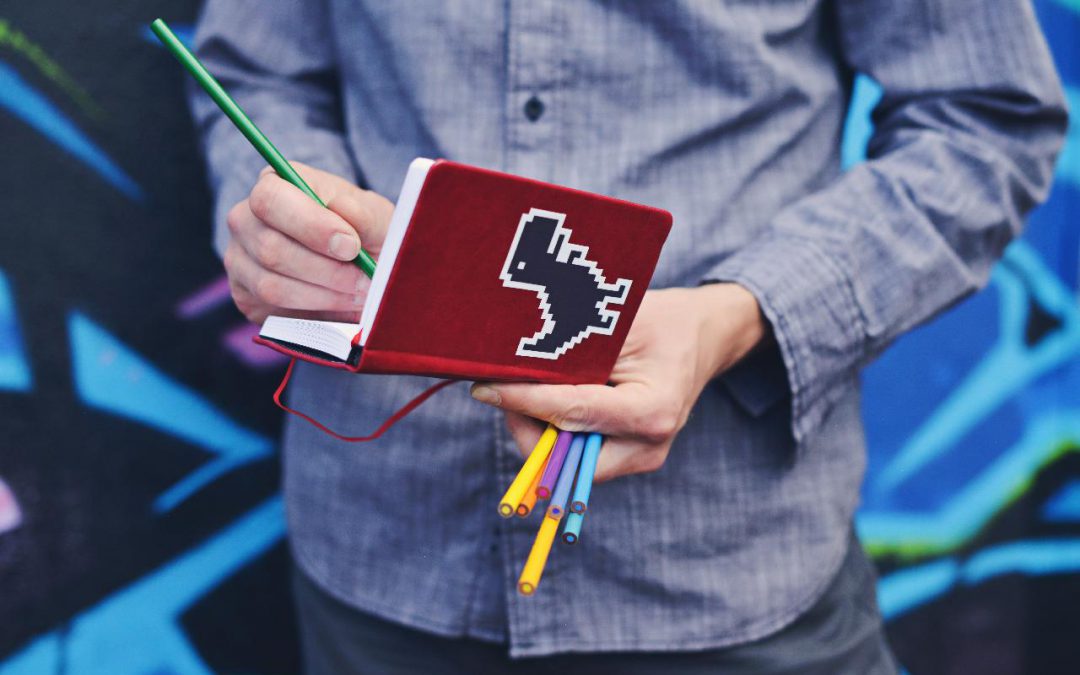 It’s difficult to make time for creativity in this digital age of speed. The latest books on creativity, such as Your Creative Brain (2010) and Imagine: How creativity works (2012) agree that we are all creative and every day we perform hundreds of creative acts. And everyone is able to train their creative brain.
It’s difficult to make time for creativity in this digital age of speed. The latest books on creativity, such as Your Creative Brain (2010) and Imagine: How creativity works (2012) agree that we are all creative and every day we perform hundreds of creative acts. And everyone is able to train their creative brain.
If that’s true, why do so many people struggle with coming up with novel ways to market, write, promote, produce and so on? I would suggest that one of the reasons is that we don’t have time to be creative. You don’t get your most creative ideas while rushing to a meeting or racing to get to the grocery store before it closes. Ideas come when you’re relaxing in a hot tub, lying on the beach or strolling in a park.
One indication that you are not getting enough time to be creative is an affliction called thinksomnia. Because you’re so busy and preoccupied all day, the only time you get to think about anything is at night just before you fall asleep. That’s when the ideas pop into your head and you end up thinking about them – to the point that you can’t get to sleep. That’s thinksomnia.
Our success and the success of our companies depend on creativity. It seems as though everything except creativity is being outsourced to other countries. For example, many U.S. tax returns are done in India. There’s very little creative work needed for a tax return. (The World is Flat by Thomas Friedman). In some hospitals, radiologists are outsourcing reading of CAT scans to doctors in India and Australia. Also call centers, customer service, and tech assistance – even tracing lost luggage or hotel reservations or customer service or taking your order at a fast-food drive-through. We can’t afford to short-change our creativity, which we’re doing in this age of speed.
Dan Miller, author of No More Dreaded Mondays, says “In today’s arena, creativity may be more of an asset than competence.”
I recommend that at least ten percent of your work-day should be left free for thinking. That’s difficult because when you’re being creative, it doesn’t look like you’re busy. In fact busy work looks more like real work than real work – which involves such things as thinking, planning and innovating.
BlackBerrys, smart phones and other PDAs are efficient beyond imagination. Unfortunately it’s the imagination that is the key to successful ventures. And smart phones are just plain stupid when it comes to creativity. I sometimes think we would be better off with more doodle pads and fewer keypads.
When a NY Times reporter interviewed several winners of the MacArthur “genius” grants, most said they kept cell phones and iPods turned off when in transit so they could use the downtime for thinking. That’s what most people are lacking. Research shows that people think more creatively when they are calm, unhurried, and free from stress. Time pressures lead to tunnel vision.
I’m not knocking technology. It has been the greatest time saver of all time, and they make our earlier efforts at managing time pathetic. But we have to control it. Don’t be afraid to turn off your smartphone, ignore email and engage voice mail for an hour or more during the day. History has proven that we can survive for at least 60 seconds without the use of technology.


Recent Comments